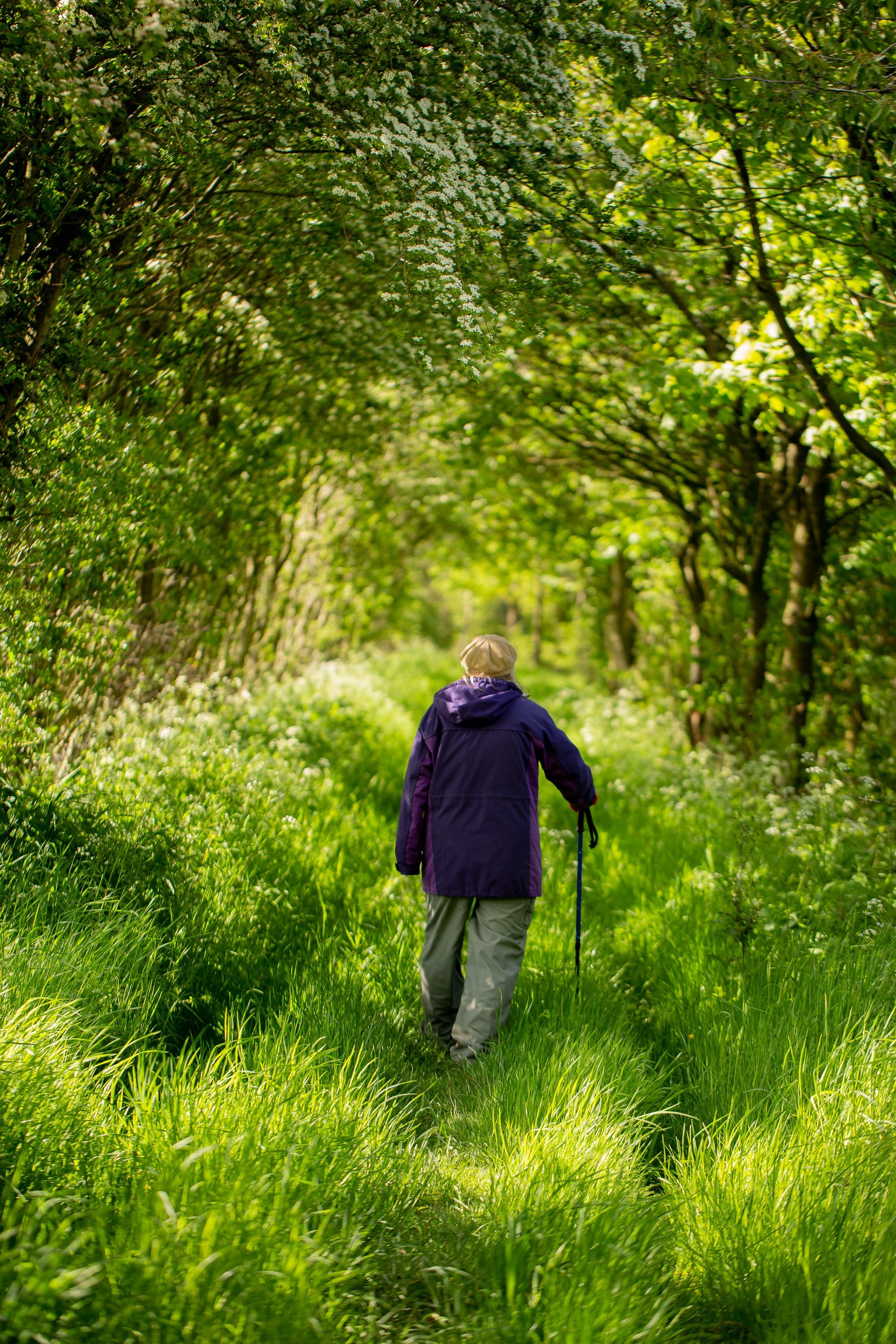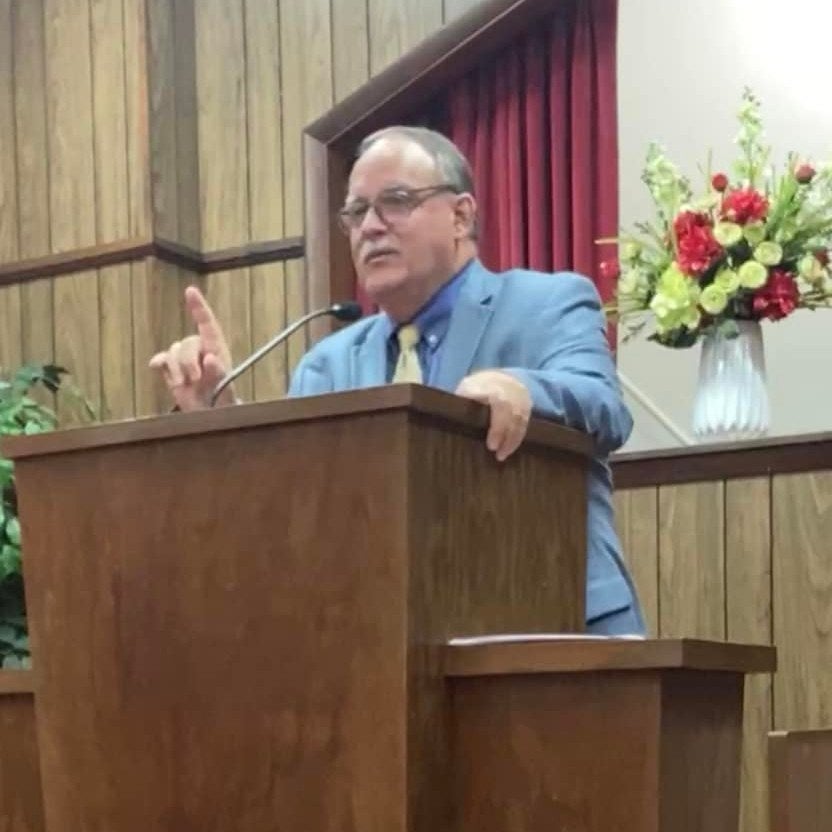Two men found in the middle of the road
Published 7:05 pm Wednesday, February 16, 2022
|
Getting your Trinity Audio player ready...
|

By RA Mathews
The elderly man walked down the center of the road.
My friend, Karin Fuller, wrote about him in her column. She said she immediately pulled her car alongside him. But, before she could ask if he needed help, the old man shuffled around her Toyota, opened the door, and climbed his aging limbs inside.
Karin glanced up at her rearview mirror and saw the driver behind her laughing. That’s when she realized this wasn’t the old man’s first trip down the center of the road.
Sure enough, he said his car had stopped months ago and that he needed to see his wife. She’d been hospitalized and was now in rehab.
“Do you get to see her very often?” Karin asked.
“Every day, so far.”
He said someone always stopped to pick him up, and someone else would bring him home. The rehab place wasn’t near where Karin was going, but she took 81-year-old Burton Cummings to the front door.
Karin’s kindness to Mr. Cummings is remarkable, like this next story.
A man I’ll call Sam was traveling along a deserted road when he eyed a beaten man before him, apparently left for dead. There was no cell phone service, no nearby hospital.
Sam probably looked around and knew it was dangerous to stop. The sensible plan would have been to go on and send the law back to help the wounded man.
But Sam didn’t do that.
He stepped out on that desolate road, created a makeshift first aid kit, got down on his knees, and bandaged the man’s bleeding wounds. Sam then took him to the closest motel and paid for both of their rooms for the night. The next morning, Sam asked the owner to let the wounded man stay there and offered to pay for those extra nights upon his return.
Do you recognize this story? It’s Jesus’ parable of the Good Samaritan. Luke 10:29-37
There’s more to it.
The battered man was found first by a priest and then by a Levi. Who were those two?
Levites were special to God, chosen to serve Him some 1,500 years earlier during the Exodus from Egypt. A priest was the most important of the Levites, trusted with the highest sacred duties. Exodus 32:29, Numbers 3:11-12
Jesus is saying that each of these ministers should have been the most likely to stop and help, but both passed the wounded man and went on.
Our Lord chose the third traveler, a Samaritan.
Why?
Samaritan didn’t mean goodness at that time. More like S.O.B.
Samaritans were half-breeds—Jews who’d intermarried with foreigners generations earlier, against God’s decree. They were despised.
Why then should the Samaritan stop and help someone in this Jewish area between Jerusalem and Jericho? Why help a Jew after suffering gross insult at the hands of Jewish people?
That’s the point—because he was the least likely to do so. It’s a parable about the depth of kindness. Undeserved compassion.
Karin never saw Mr. Cummings again. “He died a couple of days later,” she said.
But he became a gift to her, reminding Karin to have faith. She recalled the old adage: Jump and a net will appear. Or, in Mr. Cummings’ case, start and someone will pick you up.
I remember leafing through the pages of “Real Simple” after Karin told me his story. I saw where readers had responded to this question: What makes you feel energized? Exercise, tea, and deep breathing were three answers. But one reader gave an entirely different response. She said that helping someone energized her.
God has chosen those like Mother Teresa and her nuns to make compassion their life’s work. But our Lord’s parable of the Good Samaritan reminds us that God brings opportunities for kindness to each of us every day. They have a way of walking down the middle of the road when you least expect it.
And, like Karin with Mr. Cummings, that moment can forever change your life.
The Rev. Mathews (BA, MDiv, JD) is a faith columnist, seminary graduate, and the author of “Reaching to God.” Contact her at Hello@RAMathews.com.
Copyright © 2022 R.A. Mathews. All rights reserved. Read more of Karin Fuller’s work at Medium.com




